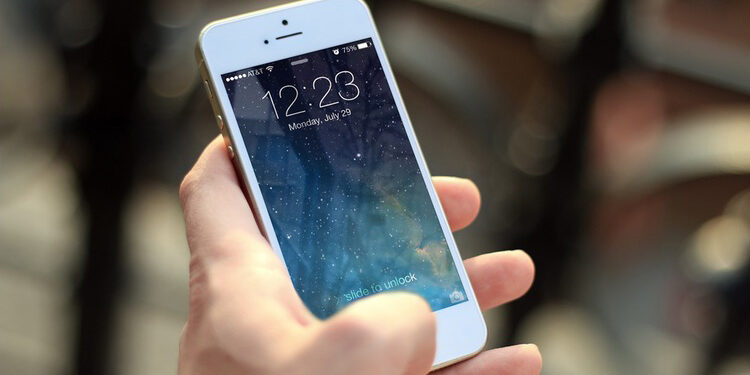Data is used every time we send or receive information via our mobile phones and for many of us that occupies a large part of the day. But do we know how much we are using and what it is costing us?
We use smartphones constantly these days to keep a check on email, access the internet, communicate on social media sites and use apps to check travel information, the weather, stocks and shares. The list goes on.
However, surveys suggest there is a lot of confusion surrounding the various data tariffs on offer from major UK providers. Many are unaware of the data limits on their account and even those on unlimited packages risk racking up huge bills when roaming outside the UK.
So it might help to understand the quantity of data used by various applications in order to budget accordingly.
Generally speaking, an allowance of 100MB will allow you to:
- visit 1000 basic webpages, or
- visit 300 multimedia webpages, or
- send 200 emails with attachments, or
- stream 15 minutes of online video, or
- download 20 apps, or
- download 20 songs
Data calculators are available on the websites of most UK providers. Use these establish your own requirement and ask about ways of keeping track of your data usage once you have signed up for a tariff to ensure it is serving your needs correctly.
Mustard IT’s top 10 tips for limiting data usage
- Know that your phone may be consuming data even when you are not using it. For example, email and social media apps may check for new messages unless instructed not to do so. If you are trying to control your data usage, turn off or limit automatic notifications, location services, and software updates.
- Whenever possible, use a secure Wi-Fi connection as an alternative.
- Some apps can be set to download and sync via Wi-Fi only.
- Whilst SMS message do not use data, be aware that services which use pictures, videos and audio do.
- If possible, use mobile versions of websites, which are designed to use less data.
- Switch off apps no longer in use.
- Close browser tabs you have finished with.
- Keep your device’s OS up to date – but perform the updates via WiFi if you can.
- Prevent unnecessary updates by deleting apps you no longer use.
- Unless you have a reasonably priced data roaming plan, it may be best to switch off data usage altogether when travelling abroad. There is always free Wi-Fi in hotels, bars and restaurants to fall back on.













